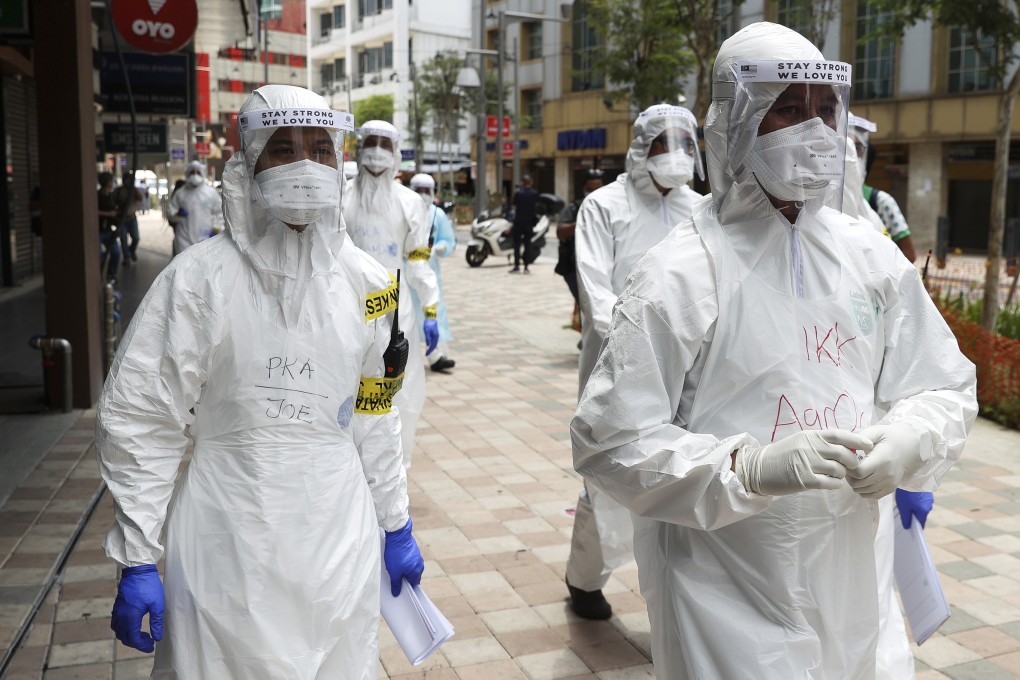Analysis | Covid-19 pandemic is a call to arms for Asean to do more, not a death knell of regional unity
- The spike of coronavirus cases is a failure of some governments rather than a dereliction of duty by Asean
- Southeast Asia’s interconnectedness demands a coordinated regional response, and Asean must develop strategies for future outbreaks

However, regional integration and community-building projects have come with unrealistic expectations of Asean during the best of times, and certainly so during this difficult period.
Observations that the bloc should have anticipated and prepared for a regional pandemic might be misguided. Claims that Asean’s belated regional response is grounds for casting doubt on regional unity or even the organisation’s viability are likewise premature and hyperbolic.

Asean’s critics must realise that despite Southeast Asia’s experience in managing the Sars outbreak in 2003, Covid-19 presents a new set of challenges given its significantly more transmittable character. Also, the timing of the initial outbreak could not have been more unfortunate, as it coincided with the Lunar New Year and its resultant flows of migrant workers both within and beyond China, much of which remains difficult to document. Beijing’s initial reticence in acknowledging the virus’s severity despite evidence to the contrary also presented a substantial hurdle for the international community.
This combination of factors meant the susceptible population size was uncertain, and exacerbated difficulties in generating reliable data for an accurate modelling of Covid-19’s infection rate and death toll.